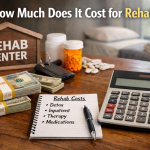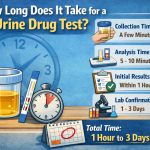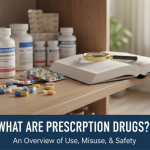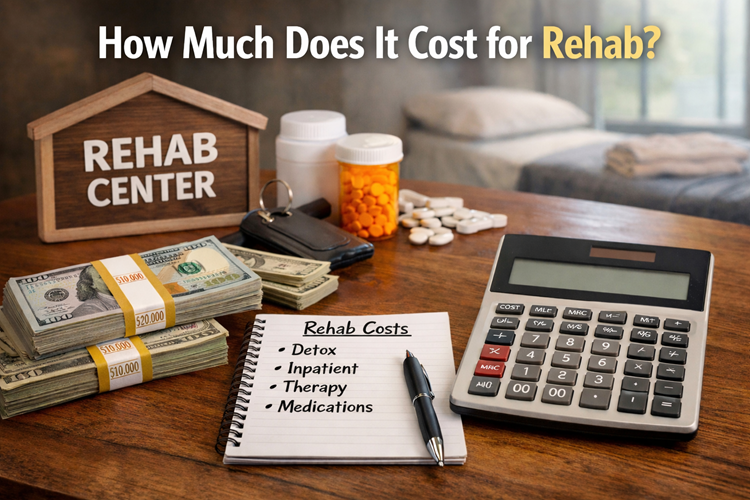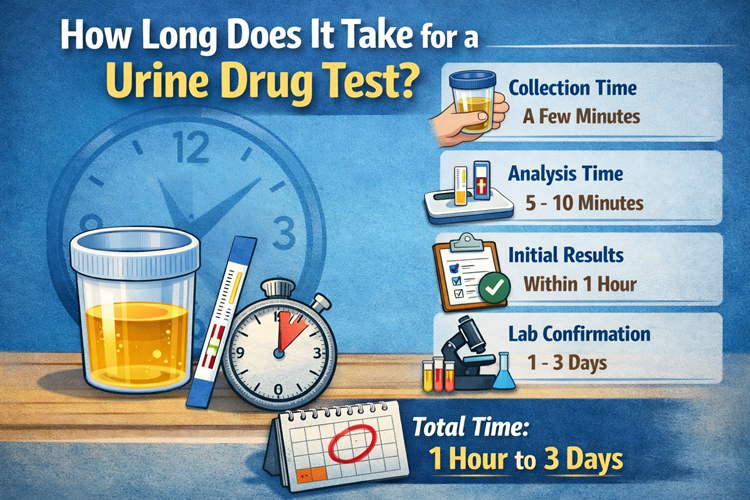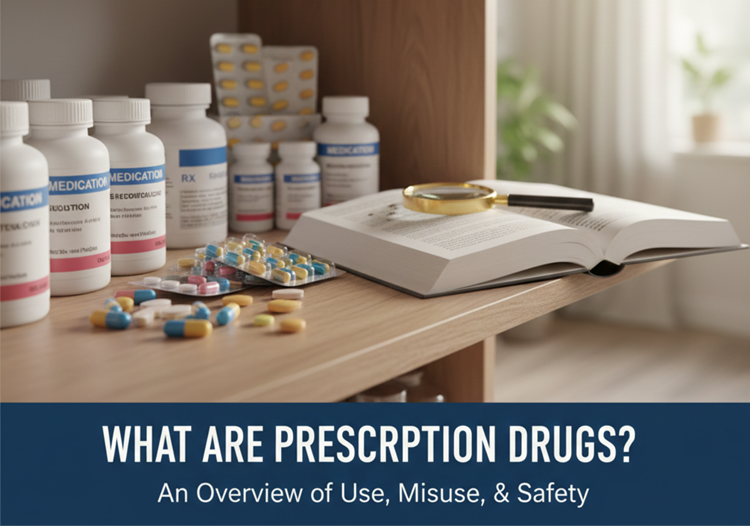Key takeaways:
- Outpatient Treatment involves the persons receiving treatment in their own residences.
- This can be treated using talk therapy, medication management and group therapy.
- Outpatient programs (IOPs) are more helpful than regular weekly therapy.
- The notion of the appropriate degree of care is the level that relies on the degree of symptoms and day-to-day functioning.
Outpatient Depression Treatment is a valuable and adaptable approach to receiving support and still performing daily obligations. They visit scheduled therapy sessions, group support, and a psychiatry appointment at home instead of being in a hospital or residential facility. Outpatient care at Solutions Healthcare is aimed at assisting individuals to cope with symptoms, develop coping mechanisms, and restore normalcy in their daily lives.
What is Outpatient Treatment for Depression?
Outpatient Treatment involves structured mental health care but is not provided on an overnight basis. It is the one that fits individuals with signs of depression yet capable of carrying out routine life tasks. This kind of care facilitates emotional recovery, provides skills on coping skills, and brings about slow but consistent improvements.
100% Confidential Support is Available 24/7
No matter what you’re going through, you’re not alone. Our dedicated team is here to provide a safe, judgment-free space where you can talk openly and honestly. Whether you need emotional support, resources, or just someone to listen.
We’re here for you—completely confidential and always respectful of your privacy. Call us today!
What is Intensive Outpatient Therapy for Depression?
One step higher than the traditional therapy is intensive outpatient therapy (IOP). It entails taking numerous therapy sessions in a week, usually amounting to 915 hours. IOP provides its clients with more frequent assistance, nonetheless, permitting them to stay at home, go to work, or take care of the family. It is usually prescribed in case of a need in weekly therapy.
Contact Solutions Healthcare
Battling with Drug and Alcohol Addition? Remember, you are not alone and we are here to help you!
What’s the Difference between Outpatient and Inpatient Depression Treatment?
Inpatient depression treatment involves one staying in a hospital or a residential treatment program, usually in cases where the symptoms are too severe, dangerous, or too intense. On the other hand, in Outpatient Treatment, individuals can stay in their normal surroundings but attend specific care when they want to do it. Outpatient care suits the situation when an individual is not in danger, and constant support is required.
How Does Outpatient Depression Treatment Work?
Outpatient care is usually continuous in form, as it involves regular therapeutic sessions, medication management, and skill-building exercises. The clients are introduced to licensed therapists and psychiatrists who assist clients to discover triggers, develop coping mechanisms and overcome thought patterns that add to the depressive symptoms.
Common Components of Outpatient Treatment
- Individuals psychotherapy (CBT, DBT or ACT)
- The group therapy and peer support.
- Social work: medicine and psychiatric review.
- Training in stress management and emotion regulation.
- The lifestyle advice (sleep, nutrition, routines)
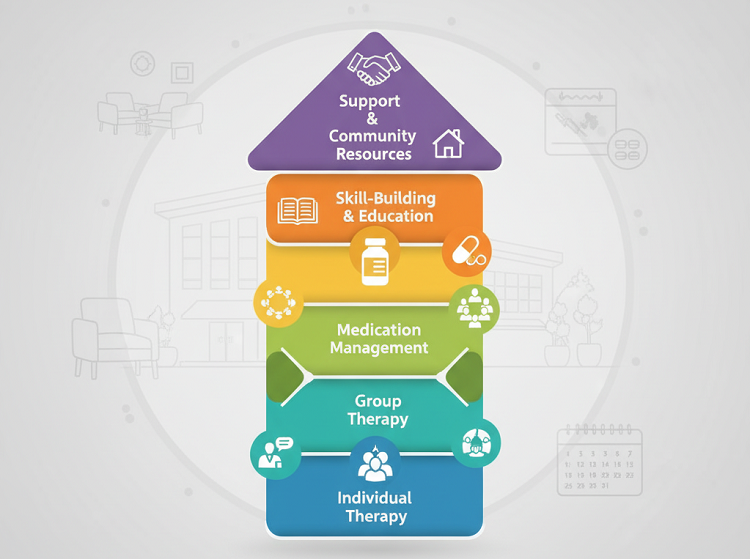
100% Confidential Support is Available 24/7
No matter what you’re going through, you’re not alone. Our dedicated team is here to provide a safe, judgment-free space where you can talk openly and honestly. Whether you need emotional support, resources, or just someone to listen.
We’re here for you—completely confidential and always respectful of your privacy. Call us today!
How Long Does Outpatient Mental Health Take?
The time taken is different among individuals. Some receive short-term outpatient treatment, lasting a few months, and others receive long-term treatment as maintenance and prevention of relapse. The advancement is based on level of symptoms, life stresses, and aspirations
What Therapy is Most Effective in Treating Depression?
One of the most common and researchable and successful depression modes of treatment is Cognitive Behavioral Therapy (CBT). It assists people in noticing and correcting negative styles of thinking. Yet, other techniques like Dialectical Behavior Therapy (DBT), Acceptance and commitment Therapy (ACT), and Interpersonal Therapy (IPT) can also become useful under the condition of individual requirements.
100% Confidential Support is Available 24/7
No matter what you’re going through, you’re not alone. Our dedicated team is here to provide a safe, judgment-free space where you can talk openly and honestly. Whether you need emotional support, resources, or just someone to listen.
We’re here for you—completely confidential and always respectful of your privacy. Call us today!
Levels of outpatient care
Conventional Outpatient Therapy: 1-2 within a week.
Intensive outpatient program (IOP): A number/more structured; a number of sessions every week.
Partial Hospitalization Program (PHP): Nearly a full-day; however, home-based.
Every level should correspond to the severity of symptoms and functioning.
What Are the Benefits of Participating in an Intensive Outpatient Program for Depression?
- Gives limited care with everyday tasks retained.
- lessen the symptoms and relapse.
- Promotes self-care and self-ambition.
- Connection is made by offering group therapy and common experience.
- Engages family or loved ones wherever necessary to recover.

What to Expect
Under Outpatient Treatment, appointments are made beforehand so people can conduct their treatment while at work, in school or family. The majority of them see a therapist one or multiple times per week, attend a group session, and regularly have a psychiatric service to change medications when necessary. Therapy over time aims at working on confidence, enhancing communication, and acquiringstrategies that will be useful in terms of emotional resilience.
Start Your Recovery with Solutions Healthcare
You do not need to overcome depression by yourself. Solutions Healthcare provides flexible, caring, and evidence-based outpatient services to everyone struggling or those who care about them. Call now to arrange a sojourn visit and begin a journey towards healing and recovered stability.
Frequently Asked Questions (FAQs)
What is outpatient treatment for depression?
Outpatient treatment provides therapy and mental health support without requiring a hospital stay. It allows individuals to continue working, going to school, and living at home while receiving care from mental health professionals.
What qualifies as outpatient treatment?
Outpatient treatment includes counseling, group therapy, medication management, and psychiatric care delivered on a scheduled basis. The person receiving care does not stay overnight at the facility and maintains their regular routine.
Is outpatient mental health therapy worth it?
Yes. Outpatient therapy can significantly reduce symptoms, improve coping skills, and help individuals manage stress. It offers flexibility, personalized support, and ongoing guidance from trained professionals.
How do you know if you need inpatient treatment for depression?
Inpatient care is recommended if a person is at risk of self-harm, experiencing severe symptoms, or unable to function safely at home. A mental health evaluation can determine which level of care is most appropriate.
What are the signs that someone needs an IOP?
Signs may include worsening depression symptoms, difficulty managing daily tasks, lack of progress in weekly therapy, increased isolation, or emotional overwhelm. IOP provides the additional structure needed to support stability.







